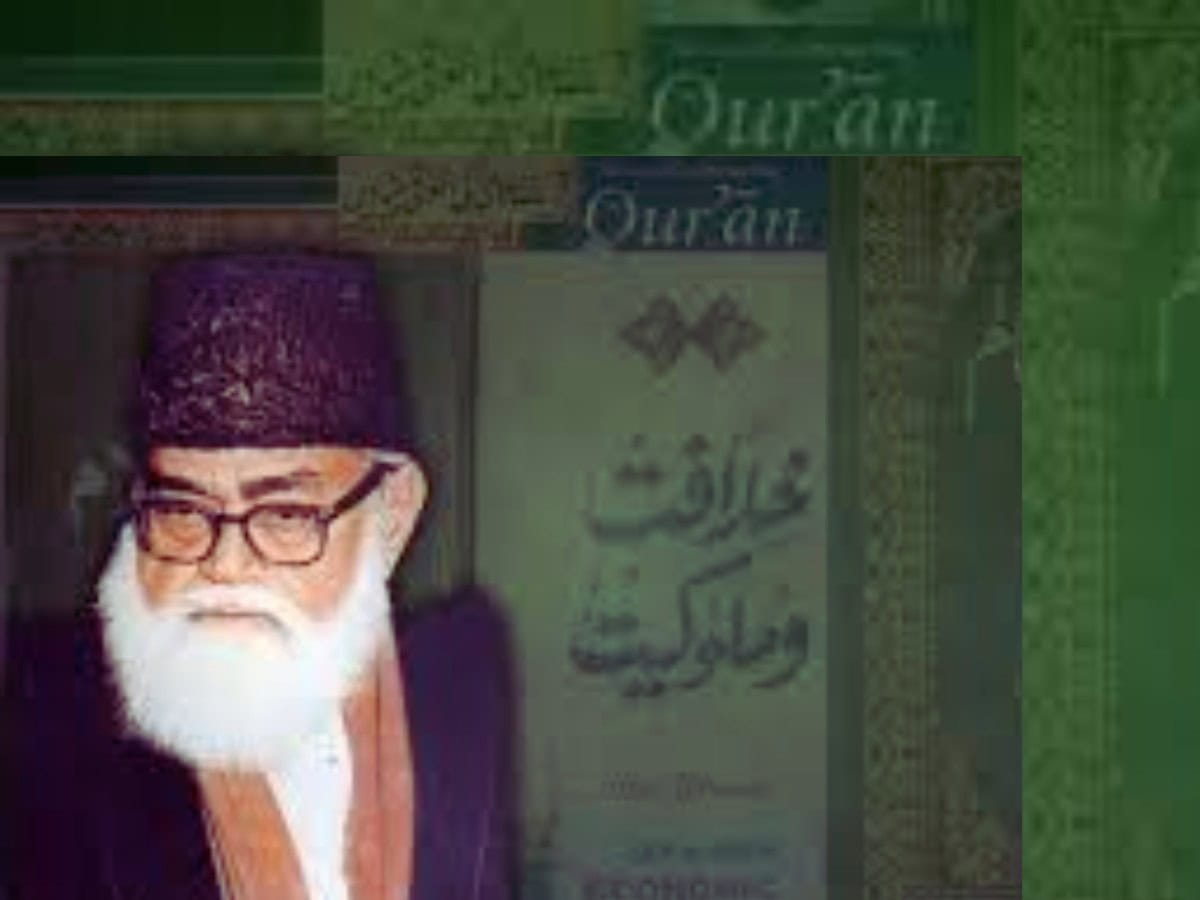
In a subsequent operation on early Sunday, February 16, Handwara district police launched extensive search operations in several bookshops across sensitive areas including Kralgund, Villgam, Qalamabad and the main town and confiscated hundreds of religious literature books of the Jamaat-e-Islami.
The police stated that sellers of these materials breached legal guidelines and issued strict warnings about the legal ramifications of keeping or selling illegal publications.
The authorities urged the public to report any attempts to distribute the banned books.
“Banned JeI literature seized in PD Handwara. Shop owners warned legal action is underway. Citizens are urged to report violations,” the police wrote on X.
Over 600 religious books confiscated
The Jammu and Kashmir Police this week initiated a massive search operation across the Kashmir valley and confiscated over 600 religious books that authorities alleged were promoting the ideology of the banned Jamaat-e-Islami organization.
The authorities conducted an initial raid in the summer capital Srinagar where hundreds of books were seized from several bookstores. At approximately 3:30 pm on Thursday, February 13, a group of police officers inspected the bookstore located in Lal Chowk which serves as Srinagar’s main commercial area.
The police team inquired about the types of books available during which they found books authored by Abul A’la Maududi and Amin Ahsan Islahi. The officers proceeded to confiscate all written works.
A majority of the seized books were reportedly published by MMI Publishers, a Delhi-based publishing house established in 1948.
Srinagar police statement
Following the raids, the Srinagar police released a statement on X, confirming that 668 books were seized after obtaining reliable intelligence about the “illegal” distribution of Jamaat-e-Islami religious material. The authorities have started legal proceedings under Section 126 of the Bharatiya Nagarik Suraksha Sanhita (BNSS) 2023.
Section 126 of the Bharatiya Nyaya Sanhita (BNS) deals with wrongful restraint and keeping the peace.
Political reactions and opposition
The police crackdown on Jamaat-e-Islami literature across the valley has stirred political row. The People’s Democratic Party (PDP) leader Iltija Mufti said the police raids are an attack on the “freedom to read”.
“Days after a security review meeting in Delhi vicious raids were conducted throughout book stores in Srinagar. Under the garb of ‘security’ all sorts of Kafkaesque oppressive measures are being unleashed on Kashmiris. Now even the freedom to read & consume information is being violated. Are we merely sheep or cattle that need to be herded?”, she wrote on X.
The elephant in the room vis-a-vis these book raids is that all of the 600 books seized have been authored by Abul Aala Maududi a renowned Islamic scholar & more importantly the founder of Jamaat – -e – Islami. A religious organisation that has done commendable social work in Kashmir & also participated in the recently held state elections”, Mufti wrote in another post.
Member of Parliament and senior National Conference leader Aga Syed Ruhullah Mehdi also condemned the police action, stating that they amounted to interference in religious affairs.
“If that wasn’t enough, there are reports of police seizing literature by Maulana Maududi (RA). Will the state now dictate what Kashmiris read, learn, and believe? This is an unacceptable overreach. If such an order exists, it must be revoked immediately”, he wrote on X.
Organizations ban under anti-terror laws
Jamaat-e-Islami Jammu Kashmir used these books as their fundamental literature until the BJP-led Union government banned the books and the organisation under anti-terror laws on February 28, 2019. The authorities enacted the ban on books two weeks following the Pulwama terror attack where a suicide bomber targeted a Central Reserve Paramilitary Force (CRPF) convoy that led to the fatalities of at least 40 troopers.
Under the Unlawful Activities (Prevention) Act (UAPA) the Indian government extended the ban on Jamaat-e-Islami Jammu and Kashmir for five more years in 2024, accusing the organization of supporting terrorist activities and spreading anti-India propaganda.
Who was Abul A’la Maududi ?
Jamaat-e-Islami School of Thought organisation was founded by Islamic scholar and historian Abul A’la Maududi born in British India’s Aurangabad city of Maharashtra. He was also a political figure and actively opposed the partition of India.
However, after partition, he moved to Pakistan and established Jamaat-e-Islami on August 266, 1941, at Islamia Park in Lahore. He then became a notable chapter in Pakistani history.
The Jammu and Kashmir chapter of the organization was established in 1952. Scholar Amin Ahsan Islahi joined Jamaat as a founding member along with other prominent scholars.
Historical context of Jamaat-e-Islami bans
This is not the first time that Jamaat-e-Islami has faced restrictions within the territory of Jammu and Kashmir. The organisation faced its first ban during the Emergency in 1975 when JKNC leader Sheikh Abdullah served as the Chief Minister of J&K under the leadership of Prime Minister Indira Gandhi. According to historians Sheikh Abdullah perceived Jamaat-e-Islami as a political danger.
The organization faced another ban order in the early 1990s when Kashmir experienced high militant insurgency and its members were targeted and killed by the government-backed terrorist group Ikhwan.
The organization’s prohibition ended in 2004 under the administration of PDP leader Mufti Mohammad Sayeed after he formed a governing coalition alliance with Congress.
Jamaat’s participation in recent J&K election
The traditional electoral boycott policy of Jamaat-e-Islami changed when some of its former members participated in the 2024 assembly election process in Jammu and Kashmir.
The organization presented itself as more willing to participate in politics when its former general secretary Ghulam Qadir Lone initiated dialogue with the Union government about removing the ban.
However, the outfit’s present-day leadership led by President Hameed Fayaz had opposed the talks. Fayaz has remained incarcerated since 2019 after Kashmir lost its special status of Article 370.




